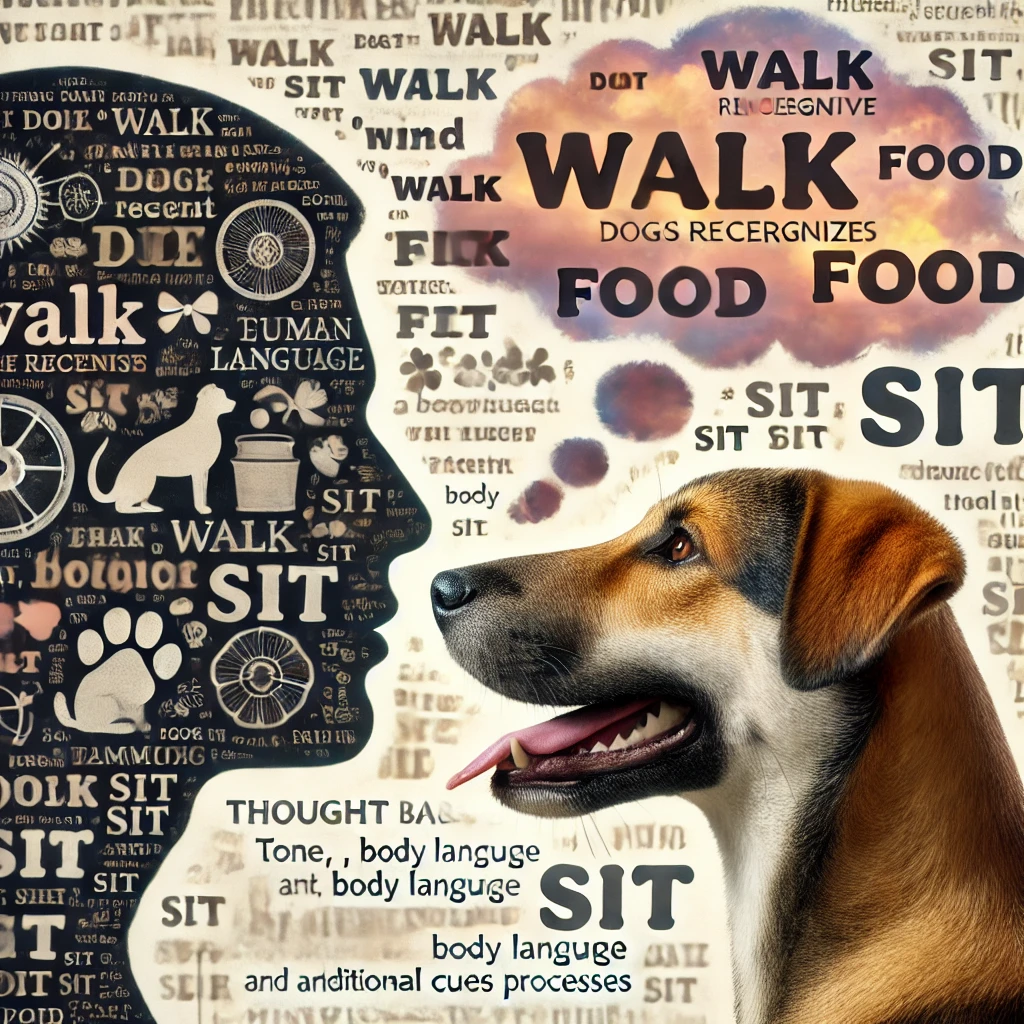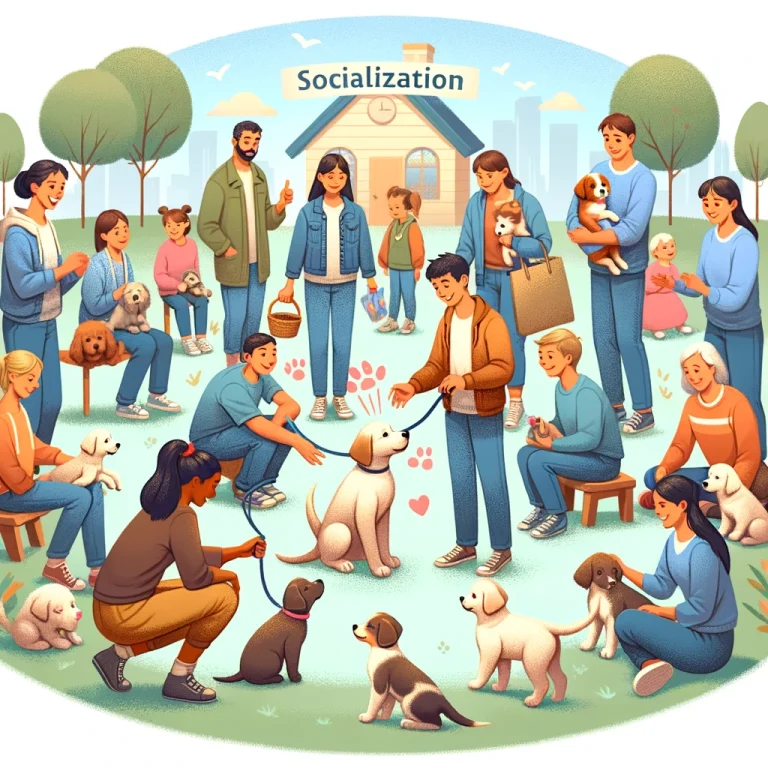Can Dogs Actually Understand Words, or Are They Just Guessing?
Every dog owner has experienced that magical moment when their dog seems to understand exactly what they’re saying. But do dogs truly understand language, or are they just responding to tone and body language? Science has been investigating this question, and the results are fascinating.
1. How Many Words Can Dogs Learn?
Studies show that dogs can understand between 165 and 250 words, depending on the breed and training. Some dogs, like Border Collies and Poodles, are especially gifted at learning words.
One famous dog, Chaser the Border Collie, learned over 1,000 words and could even categorize objects based on their names.
2. Dogs vs. Tone: What Matters More?
While dogs can recognize words, they rely heavily on tone and body language to interpret commands. If you say “Good boy!” in an angry voice, your dog may react as if you’re scolding him.
MRI scans show that dogs process tone in one part of their brain and word meaning in another, much like humans. This means they are not just responding to emotion—they can actually differentiate words.
3. Are Dogs Just Guessing?
When a dog hears a command like “sit,” it may associate the word with past experiences of being rewarded rather than truly understanding the word itself. However, experiments show that some dogs can understand new words through exclusion learning—figuring out the meaning of a new word by eliminating known options, similar to how toddlers learn language.
4. Can Dogs Learn Grammar?
While dogs can recognize words, they don’t understand grammar. Saying “Fetch the ball” and “Ball fetch” may mean the same thing to them. However, they do recognize patterns, which helps them follow multi-step commands.
Conclusion: More Than Just Guessing
Dogs may not understand language the way humans do, but they are far from random guessers. They recognize words, respond to tone, and even process information in a way similar to young children. While they won’t be holding conversations anytime soon, they’re much more than just great listeners—they’re skilled interpreters of human communication.






